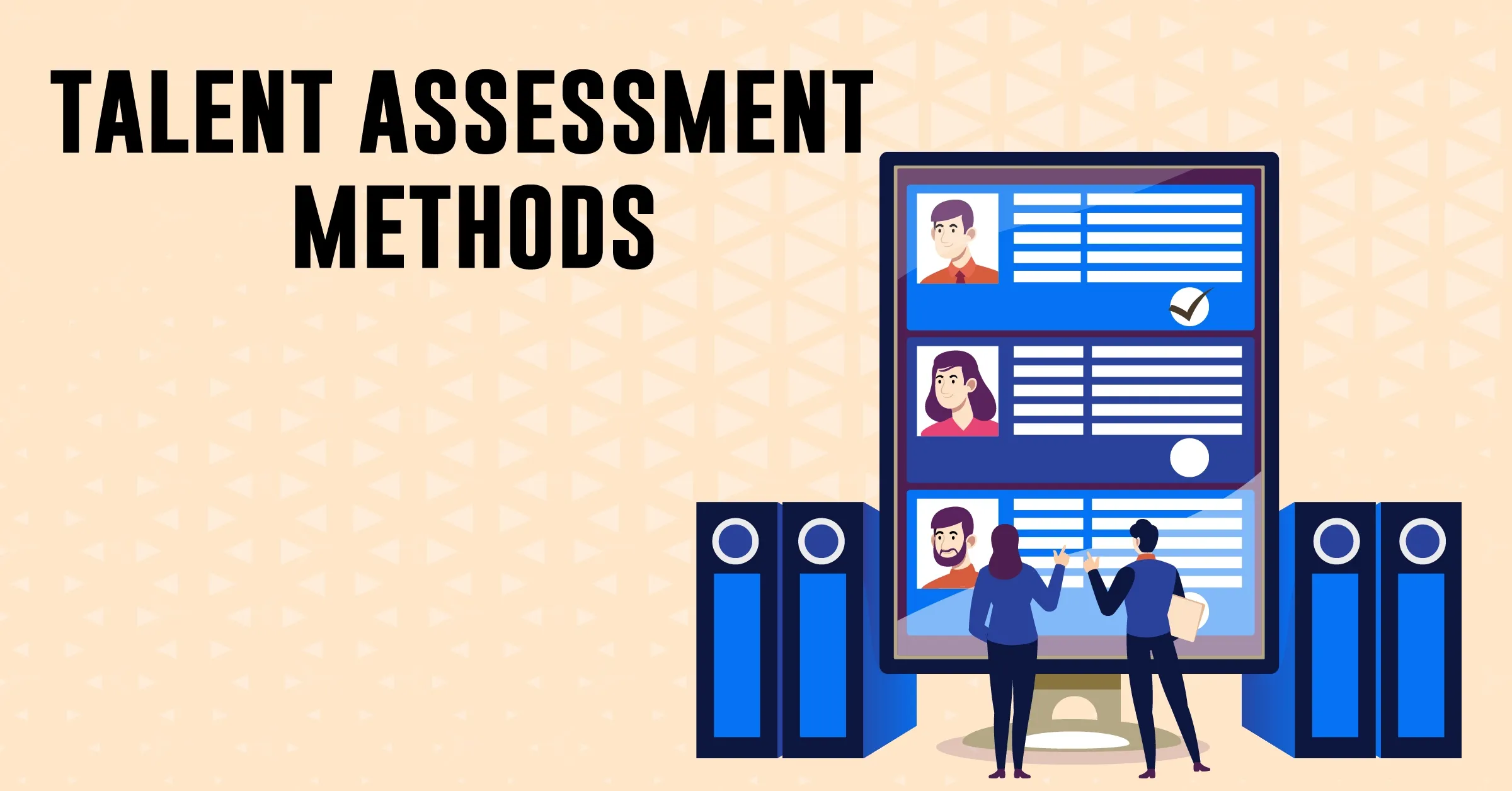Recruiting the right talent is crucial for any organization’s success. With the right talent assessment strategies and methods, you can ensure hiring the best candidates for your team. This guide will walk you through the essentials of effective talent assessment using modern hiring assessment tools.
Understanding Talent Assessment
Talent assessment involves evaluating candidates to determine their suitability for a specific role. It covers a range of skills, personality traits, and cultural fit to ensure the right match for your organization.
Why Use Talent Assessment Tools?
- Objective Evaluation: Provide unbiased insights into candidates’ abilities.
- Efficiency: Speeds up the hiring process by filtering out unsuitable candidates early.
- Accuracy: Improves the likelihood of hiring candidates who will succeed in their roles.
- Cost Savings: Reduces turnover by selecting the right candidate from the start.
Key Talent Assessment Strategies
Define Clear Objectives
Start by identifying the skills and qualities essential for the role. Define what success looks like in the position and create criteria to assess these attributes.
Use a Mix of Assessment Methods
Employ a variety of assessment methods to get a comprehensive view of candidates. These can include:
- Skill Tests: Evaluate technical and job-specific skills.
- Psychometric Tests: Assess personality traits and cognitive abilities.
- Behavioral Interviews: Gauge past behavior and predict future performance.
Leverage Hiring Assessment Tools
Utilize modern hiring assessment tools to streamline the evaluation process. These tools offer customizable tests that provide valuable insights into candidates’ capabilities.
Focus on Cultural Fit
Evaluate candidates’ alignment with your company’s values and culture. This ensures long-term retention and satisfaction.
Incorporate Peer Reviews
Engage current team members in the assessment process. Peer reviews can provide additional perspectives on candidates’ potential fit within the team.
Popular Talent Assessment Tools
Skill Testing Platforms
Platforms like HackerRank and Codility allow you to assess technical skills through coding challenges and other exercises.
Personality Assessments
Tools like the Myers-Briggs Type Indicator (MBTI) and DISC assess personality traits and how candidates might behave in different situations.
Cognitive Ability Tests
Cognitive tests, such as the Wonderlic, measure problem-solving abilities and critical thinking skills.
Situational Judgement Tests (SJTs)
SJTs present candidates with realistic work scenarios to assess decision-making and problem-solving skills.
Video Interview Platforms
Platforms like HireVue and Spark Hire facilitate asynchronous video interviews, allowing you to evaluate communication skills and professionalism.
Implementing Talent Assessment in Recruitment
Choose the Right Tools
Select talent assessment tools that align with your objectives and budget. Consider ease of use, integration capabilities, and the types of assessments offered.
Design the Assessment Process
Map out the assessment process, including the order and types of tests. Ensure that each stage aligns with your recruitment goals.
Communicate with Candidates
Be transparent with candidates about the assessment process. Provide clear instructions and timelines to create a positive candidate experience.
Analyze and Interpret Results
Use data from the assessments to make informed hiring decisions. Compare candidates’ scores against your predefined criteria to identify the best fit.
Provide Feedback
Offer constructive feedback to candidates, regardless of the outcome. This builds goodwill and enhances your employer brand.
Challenges and Solutions
Ensuring Fairness
To avoid bias, ensure that your assessments are consistent and standardized. Regularly review and update your tools and methods to reflect best practices.
Overcoming Resistance
Some candidates may be unfamiliar with certain assessment methods. Educate them on the purpose and benefits of the assessments to alleviate concerns.
Balancing Automation and Human Judgment
While tools are valuable, human insight remains crucial. Use assessments as a supplement to, not a replacement for, human judgment.
Future Trends in Talent Assessment
The field of talent assessment is evolving rapidly, with several exciting trends on the horizon:
- AI-Driven Assessments: Leveraging artificial intelligence to enhance accuracy and predict outcomes.
- Gamification: Using game-based assessments to evaluate skills in an engaging manner.
- Mobile-Friendly Platforms: Offering assessments that candidates can complete on their mobile devices for convenience.
Conclusion
Effective talent assessment strategies and methods are essential for successful recruitment. By leveraging hiring assessment tools and a variety of evaluation methods, you can make informed decisions that align with your organization’s goals. Stay updated with the latest trends and continuously refine your assessment process to attract and retain top talent. Embrace these strategies to build a strong, dynamic team that drives your organization forward.
Keep an eye for more news & updates on TimesAnalysis.Com!



